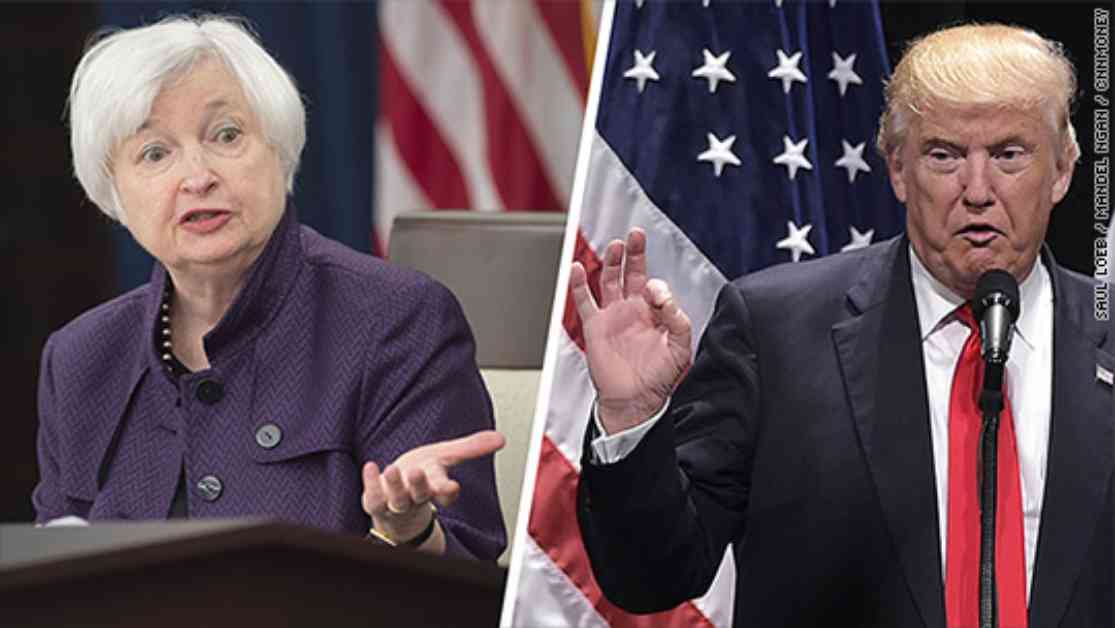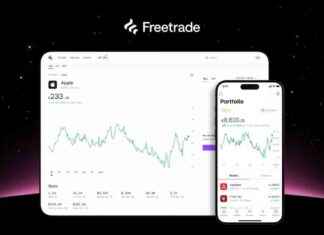The stock market hit record highs on Monday, with the Dow, S&P 500, Nasdaq, and Russell 2000 all reaching new peaks. Investors are excited and optimistic about the future of both large multinational companies and smaller U.S.-focused businesses. The question on everyone’s mind is whether this rally is due to President Trump’s policies or Federal Reserve Chair Janet Yellen’s influence.
Some experts believe that Trump’s promises of economic stimulus and deregulation are driving the stock market surge. Others argue that this could be a continuation of the strong economy inherited from the Obama administration. It’s important to note that the stock market was already rising before Trump’s election victory, suggesting that other factors may be at play.
RBC strategist Jonathan Golub pointed out that the S&P 500 had been climbing even before the election results were known. Bond yields have also been increasing since Trump’s win, but this trend was already in motion before the election. The main constant throughout this period has been the Federal Reserve’s actions.
The Fed’s plans to raise interest rates multiple times in 2017, regardless of the election outcome, have been a key factor influencing market behavior. The recent job report showed steady wage growth without signs of overheating or runaway inflation. This suggests that the Fed is likely to raise rates gradually, which should support continued stock market growth.
Investors should pay close attention to Janet Yellen’s statements regarding future rate hikes, as they could have a significant impact on market performance. Yellen’s upcoming testimony in front of Congress will provide valuable insights into the Fed’s monetary policy direction. Ultimately, it’s crucial for investors to consider a range of factors beyond just political news when making investment decisions.








